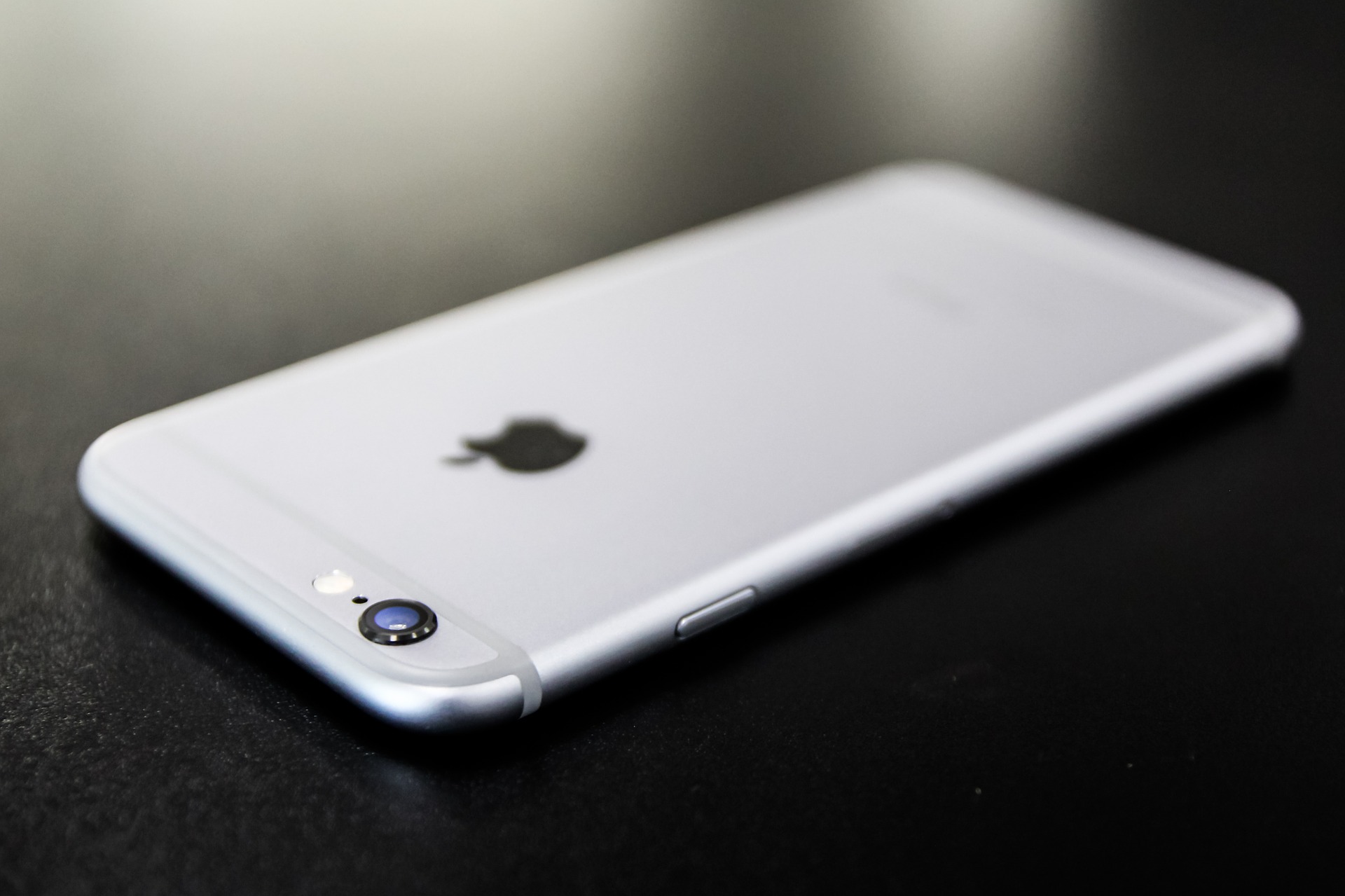Johnson & Johnson and DePuy Orthopaedics have been hit with more than 8,400 lawsuits over the al...
Blog
Wells Fargo customers have filed a class-action lawsuit against Prudential Insurance Co., alleging t...
Starting in late May 2016, the blood testing company, Theranos Inc., has faced a number of lawsuits....
Residents in Pawnee County, Oklahoma, filed a class-action lawsuit against 27 oil and gas companies,...
In November 2015, Megan Fox bought a new hoverboard from seller, “W-Deals,” on Amazon for $274.79 as...
Over the past year, Celebrity hairstylist and founder of Wen Hair Care, Chaz Dean, has endured a leg...
On September 12, 2016, a class-action suit was filed against Apple, Inc. arising from allegations th...
Tort reform has been, and will continue to be, an issue for the plaintiffs’ bar. Proponents—such as ...
The Second Circuit Court of Appeals on July 13, 2016 found that the claims against General Motors (“...
On June 30, 2016, Adnad Syed was given something that he wanted for 16 years—a new trial. Judge Mart...
Consumer finance companies have until August 22, 2016, to express their concerns regarding the lates...
Three class-action lawsuits in Northern California have been filed against the Arizona-based blood-t...
Tip for Law Firm Owners: Use Caution When Selecting an Advertising Agency as Ad Fraud is on the Rise
A recent report released by the World Federation of Advertisers (WFA) highlighted the increasing glo...
On May 24, 2016, Johnson & Johnson (J&J) requested Judge Ed Kinkeade of the Northern Distric...
On May 26, 2016, Scott Magee from Metairie, Louisiana, filed a class-action complaint against McDona...
